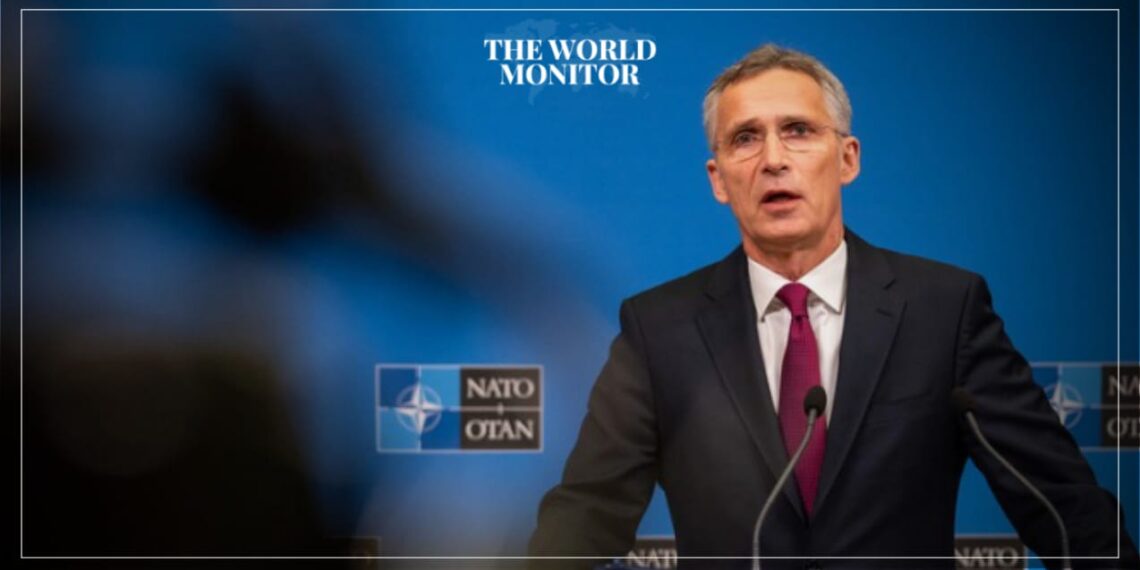Secretary General Jens Stoltenberg of NATO has been put forward as a nominee for the prestigious Nobel Peace Prize.
The nomination was officially proposed by Abid Raja, Norway’s former Minister of Culture and the Deputy Chair of the Liberal Party.
Raja explained his choice by stating that over the past year, no one has contributed more to the cause of peace and democracy in Europe and across the globe than Stoltenberg, in an interview with VG, the Verdens Gang newspaper.
The Nobel Peace Prize, in accordance with Alfred Nobel’s will, is bestowed upon those individuals who have made exceptional contributions to the promotion of fraternity between nations, the reduction or abolition of standing armies, and the organization and advancement of peace congresses.
Notably, unlike other awards established by Nobel’s will, this prize is presented in Oslo, as specified in his will.
The selection of the laureate is entrusted to a committee of five individuals appointed by the Norwegian Parliament, which typically comprises retired Norwegian politicians and former party leaders.
Recent years have seen a broader interpretation of the prize’s criteria, resulting in laureates from various fields, including politicians, human rights advocates, political activists, and humanitarian organizations.
Traditionally, nominations for the Nobel Peace Prize are open until January 31st, after which committee members gain the exclusive right to nominate recipients, usually in February.
The complete list of nominees remains strictly confidential and is not disclosed until 50 years after the award.
However, information regarding the nomination of specific candidates occasionally surfaces in the media, typically leaked by individuals or organizations with the privilege to nominate.
This group encompasses former and current members of the Norwegian Nobel Committee and its advisors, previous Peace Prize laureates, members of national parliaments, and university professors specializing in history, philosophy, law, or theology.






